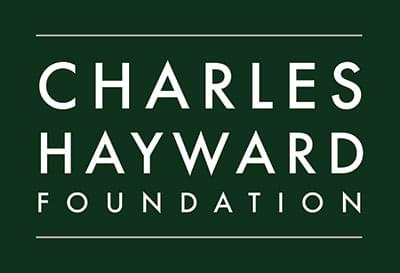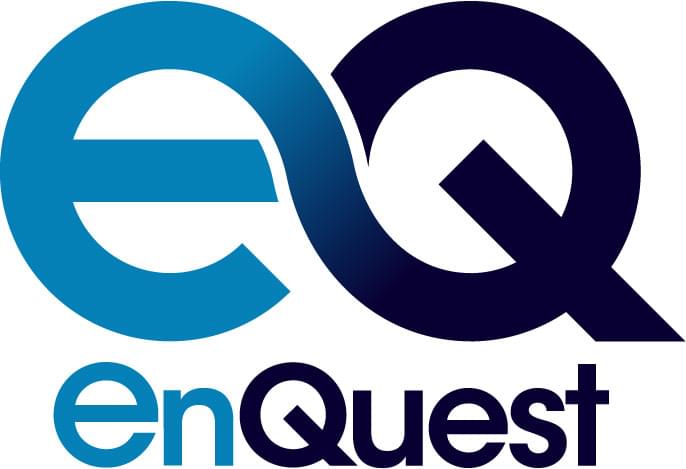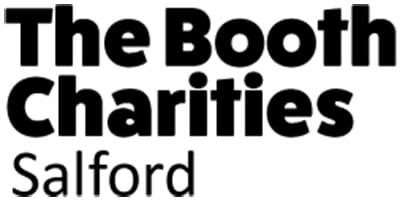If you or someone you know has been raped or sexually assaulted, we encourage you not to suffer in silence and report it to the police or a support agency so you can get the help and support available. You can call Greater Manchester Police on 101, or alternatively people can refer themselves to St Mary’s Sexual Assault Referral Centre on 0161 276 6515. See links below for the contact details of further support agencies.
If you do decide to make a report, we will do everything we can to make sure you and your family receive the best possible care and support. Your welfare is our priority.
Reporting Rape
Rape is a dreadful and life changing crime we would encourage you to tell us about.
We understand this is your decision and one you shouldn’t be pushed into but it’s important to remember that the sooner the assault is reported, the more evidence we’ll be able to collect to help prevent you or someone else being hurt again.
If you do decide to make a report, we will do everything we can to make sure you and your family receive the best possible care and support.
Calling the police is your decision to make but we understand that not knowing what to expect may be frightening.
We’re not here to tell you what to do but hope the information is both reassuring and useful whether you’ve suffered a sexual assault or are trying to help a partner, friend or relative.
First Contact
Our first concern is your safety so if the incident has just happened and you contact us by phone, our call handler will stay on the line until a police officer arrives.
Trained Officers
We have a team of specially trained officers who will do everything in their power to treat you and your family with care and sensitivity throughout any investigation, court proceedings and beyond.
They will be open, honest, do their best to minimise trauma and offer support for as long as you would like.
If you’ve been raped, please remember it’s not your fault. Regardless of what you might have been wearing, how much you’d had to drink or who was involved, we will never treat any type of rape as more or less serious than any other.
One of our specially trained officers will visit you wherever you feel most comfortable.
The officer will accompany you at all times unless you choose otherwise and explain the whole process but please don’t be afraid to ask questions. We’re here to help and can make arrangements for a friend or family member to be with you if you would like them to.
Early Evidence
Sometimes the officer may use what we call an early evidence kit. This is nothing to worry about, it’s just a small box containing a mouth swab and a pot to collect a urine sample in.
Evidence can be lost by brushing your teeth, eating, drinking or going to the toilet. The early evidence kit helps us collect this evidence quickly.
First Account
At this time the officer will take a more detailed account of what has happened which you will be asked to read and sign. We call this a first account.
Although initially you may find it embarrassing to discuss intimate details, our experienced officers will do their best to put you at ease, and please remember they are used to these types of conversation and will remain professional at all times.
It’s important to be truthful. No one will judge you if you had been drinking or taking drugs before the assault but it’s important to let the officer know as it may change the way the account is taken and alert officers that you could need urgent medical attention.
Never be frightened to ask questions, explain things in your own words or ask for a break if you feel you need one.
Sexual Assault Referral Centre
SARCs are available 24/7 across England, however, many sexual assault and abuse survivors do not know where to go or who to turn to for help. We also know that some people are put off seeking help due to thinking they need to speak to the police. Help is available from a SARC without having to talk to the police or report what happened. The SARC team will make sure that anyone visiting their service understands their options and gets the support they choose in a place where they are safe. This could include crisis care, medical and forensic medical examinations, emergency contraception and testing for sexually transmitted infections. They can also arrange access to an independent sexual violence advisor, as well as referrals to mental health services and emotional and psychological support, such as counselling. If you have been raped, sexually assaulted or abused and don’t know where to turn, search ‘sexual assault referral centres’ for more information or visit www.nhs.uk/SARCs to find your nearest centre.
Making a Statement
Making a formal statement to the Police can be done in two different ways. This can be done in the form of a statement where you explain to the officer the circumstances in detail and they write this information down. At the end of which you will be asked to read and sign the statement.
The alternative and often preferred method is by way of Video Interview or (ABE – Achieve Best Evidence). This procedure often takes place at a Police Station and is conducted in a Video Interview Suite. This is a room specially adapted with microphones and cameras. In the room will be yourself and a specially trained interviewing officer.
Although a formal procedure it is made to be as relaxed as possible, you will be asked to explain to the officer in your own words what has happened, they will ask you relevant questions to obtain as much detail as possible. It is important you try to recall as much information as possible. A video interview would allow for special measure (Evidence in chief – further information below)
It is your choice which is your preferred option and in either case the information you provide will help officers with their investigations and may be used later in court.
Special Measures
Victims of Sexual Related Offences are afforded ‘Special Measures’ Under S.16 & S.17 Youth Justice and Criminal Evidence Act
As this type of victim you are automatically afforded the right to Special Measures. Special Measures are a series of measures which may make the court procedure easier for witnesses, they include:
- Evidence in Private (The court can be cleared of anyone not directly involved in the case ie public gallery, press, etc.
- Removal of wigs and gowns – Barristers, Judges, Clerks and Ushers when in court wear formal wigs and gowns. In some circumstances these can be removed if this is likely to benefit a witness.
- Intermediary – People with learning difficulties may benefit from being accompanied to court by an intermediary.
- Evidence In Chief – If as mentioned earlier, if a video interview is taken this is played to the court and prevents the witness having to explain the circumstances within a court room. From the video interview they are then asked questions which is referred to as cross examination.
- TV Link – This would be where a witness would be in a separate room within the court building but away from the court room. You would communicate with the court via the video link similar to a video call. This option allows you to provide your evidence without having to enter the court room.
- Screens – Screens can be erected at the side of the witness box whilst a witness gives evidence. This allows only the Judge, Jury and Barrister to see the witness and the witness is therefore hidden from the defendant.
Attending court and given evidence can be a very worrying and intimidating time. We will do everything we can to ensure things are made as easy as possible. We can arrange for a pre trial court visits so you attend at court a few weeks before your trial so you can see the layout and familiarise yourself with where everyone involved in the trial would sit.
Anonymity
If you’re worried about being identified, you don’t need to be. The law protects you from this by giving anonymity to victims of sexual attacks for their lifetime.
No information likely to lead to your identification as a victim can be published. This includes your name, address, photograph, school, workplace or any other details that could cause you to be identified.
It is also possible for you to report matters to Police and remain anonymous, this is a way of you telling the Police of something that has happened to you for us to be aware whilst your details are not recorded. In these circumstances it would be unlikely we would be able to successfully prosecute any individuals but it may be information we are able to act upon thereby reducing potential future hurt.















